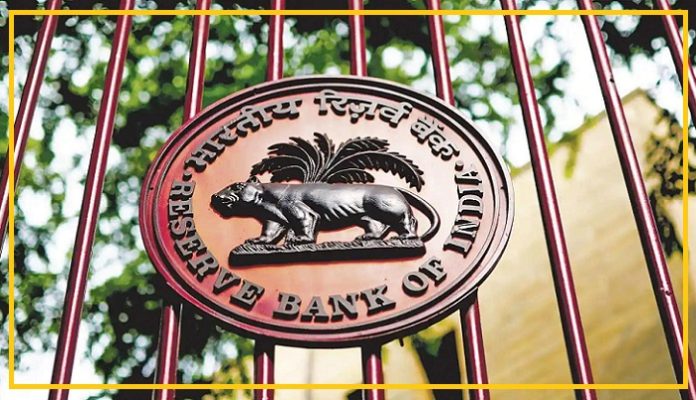The Reserve Bank of India (RBI) is on a mission to revolutionize the payment landscape with a state-of-the-art, light weight, and portable payment system.
This innovative solution is specifically designed to address critical transactional needs during natural disasters and war-like situations.
Termed as the Light Weight and Portable Payment System (LPSS), this upcoming platform will operate independently, transcending traditional technologies.
Moving Beyond Traditional Infrastructure: The Limitations of RTGS, NEFT, and UPI
Current payment systems like Real-Time Gross Settlement (RTGS), National Electronic Funds Transfer (NEFT), and Unified Payments Interface (UPI) have played a vital role in facilitating large-scale payment transactions.
However, these systems heavily rely on sophisticated IT infrastructure, making them vulnerable to disruptions caused by natural calamities and conflicts.
In response, the RBI recognized the need for a more resilient and adaptable solution.
Anytime, Anywhere: Empowering Employees with LPSS
To tackle unpredictable scenarios, the RBI is developing LPSS, ensuring it can be operated from any location by a dedicated team of specialists.
This portable payment system will minimize hardware and software requirements and will be activated as per the need of the hour.
With LPSS, a small number of employees will be equipped to conduct essential transactions crucial for economic stability, including government and market-related activities.
A Seamless and Agile Solution for Critical Transactions
The LPSS is set to redefine the payment landscape by offering a seamless and agile solution for critical transactions.
By reducing reliance on conventional technology, it provides a robust alternative during times of infrastructure disruption.
This next-generation payment system aims to ensure the stability of the economy, offering a lifeline for vital economic activities even in the face of adversity.
